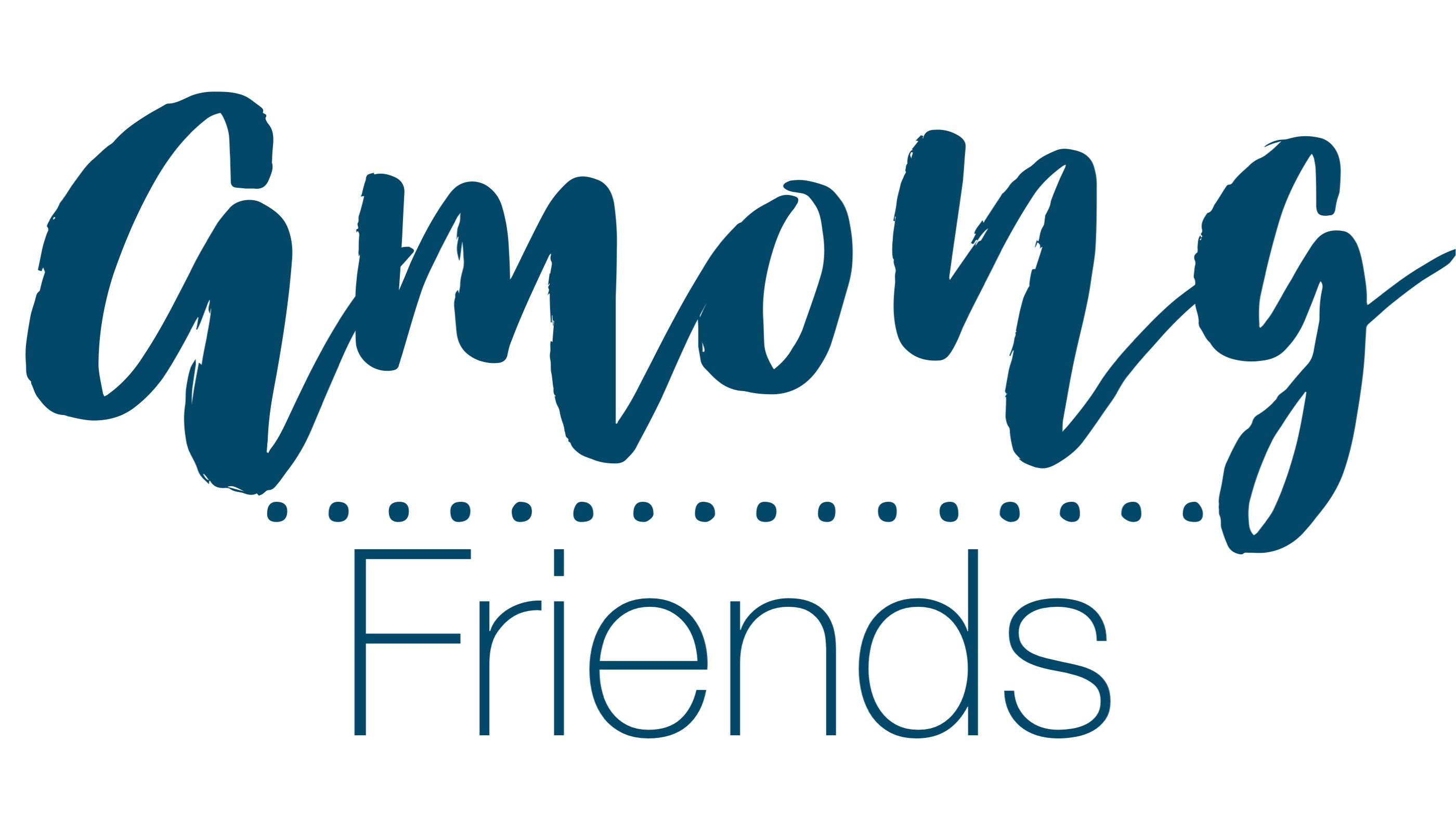 Every month, we feature a book review based on our blog theme for that month. For more great book suggestions, check out our Bookshelf tab here. (And for you non-readers, check out the audio book options!)
Every month, we feature a book review based on our blog theme for that month. For more great book suggestions, check out our Bookshelf tab here. (And for you non-readers, check out the audio book options!)
The blog focus this month has been honor, and when I was asked to do a review of a book on that topic, I choose Culture of Honor by Danny Silk.
Like most of Danny Silk’s books, he has a single, foundational idea that we must first learn. In Keeping Your Love On, he says it like this: “The only person I can control, on a good day, is myself.”
Creating a culture of honor can only occur when we lay down our need to control others.
Related to this, creating a culture of honor is about leading people to unleash “their true capacity for self-control and responsibility,” so they can experience “the freedom God desires for each of his sons and daughters” (p. 45).
In order for these two things to happen—first, our ability to self-control and not “other-control” and second, our ability to lead others to also self-control—we must firmly know our identity in Christ.
We control out of insecurity, self-protection, fear, etc.; however, our status as daughters in the kingdom releases us from the need to control other people’s behavior.
Once we understand our status, we can help others walk in the freedom of their status: as sons and daughters, we are unpunishable (p. 80). Jesus already took on our punishment.
So we have to first believe this about ourselves, and then we can create a culture of honor toward others because we believe it about them too.
Everything is fine with honor until someone messes up, right? And we get to see how we feel about sin (and punishment) based on our response to other people’s mistakes:
“If we don’t know how to deal with sin, then we don’t know how to deal with people. We inevitably create a culture of law in order to keep people from sinning. The message of that culture is this: ‘Contain your sin within yourself. Don’t show it to me; I can’t handle it.’” (p. 168).
But the new covenant is an internal covenant—we are free, and God intends us to exercise our freedom through self-control. He doesn’t put external controls on us.
But when people mess up, we freak out, and we need a system of external controls. We need to modify, or correct, or punish their behavior because we don’t know how to deal with people’s mistakes.
Two false ideas must be broken: the first is that love is control—“that which we love, we try to control” (p. 78)—and the second is that love is fear:
“What offense does to you is it justifies you from withholding your love. I get to withhold my love from you when you have broken the rules because people who fail are unworthy of love, and they deserve to be punished. In fact, what punishment looks like most often is withholding love. And when I withhold love, anxiety fills the void, and a spirit of fear directs my behavior toward the offender” (p. 93).
Wow.
Danny’s message is that honor empowers people. When I’m no longer concerned with controlling you or punishing you, I learn to ask the right questions: “What is the problem? What are you going to do about it?”
I put the responsibility on the individual to self-control and take ownership.
And because I don’t need to control, I can empower and call forth the real identity of the person—who he or she is in Christ.
The book is geared toward church leaders for a culture of honor on staff, but I found it widely applicable to my marriage, my friendships, and my students!
Here’s to self-control, not “other-control”! 🙂
This post was written by Laura Brandenburg. To read more about her, click here.
